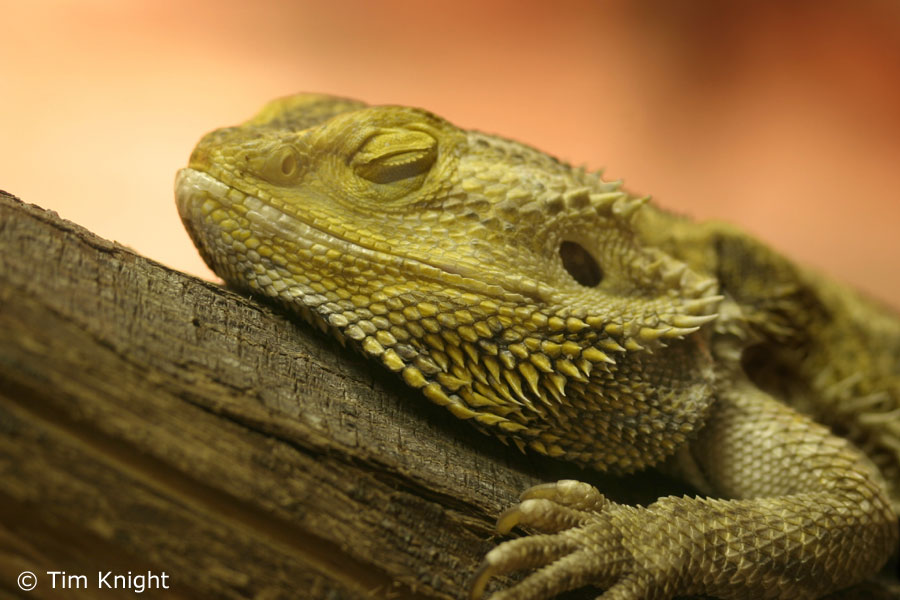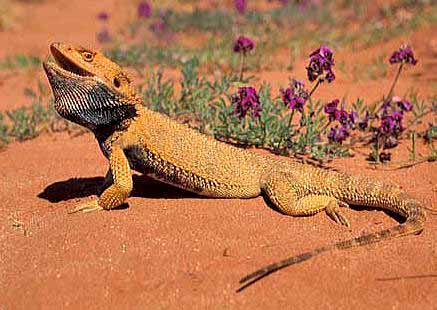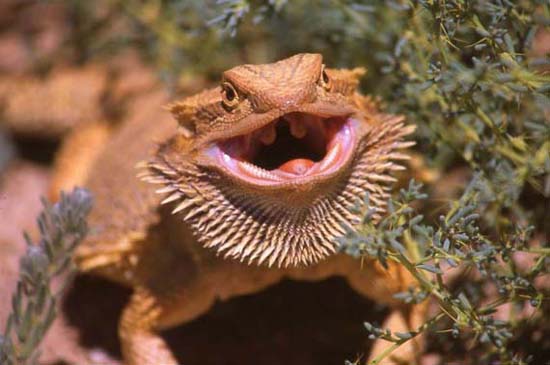Bearded Dragon Citrus: Everything You Need to Know
What Are Bearded Dragons Citrus And Why Are They Special?

A bearded dragon citrus is a variety of the bearded dragon reptile species that exhibits a unique coloration pattern. The citrus morph, as it’s commonly called, has a bright, yellow-orange coloration that is scattered all over its body, contrasted with vivid orange and rusty brown markings.
This coloration pattern gives the citrus morph a unique appearance that sets it apart from the normal bearded dragon morphs. It’s because of their striking colors that citrus bearded dragons have become increasingly popular among reptile enthusiasts and pet owners worldwide.
Habitat And Diet
Bearded dragons are native to Australia and are adapted to live in the harsh, desert-like environment of that region. They prefer a semi-arid habitat with plenty of rocks, basking spots, and hiding places. When setting up a tank for your bearded dragon citrus, it’s important to replicate its natural habitat as closely as possible.

Provide your pet with a large tank or terrarium that’s at least 40-gallons in size. The tank should have a basking spot with a heat lamp that keeps the temperature at around 100°F (38°C). Also, provide UVB lighting to ensure that your bearded dragon citrus gets enough vitamin D3 to maintain strong bones and a healthy immune system.
Bearded dragons are omnivores and require a varied diet that includes insects, vegetables, and fruits. Feed your pet crickets, mealworms, waxworms, and roaches as a source of protein. Offer vegetables such as collared greens, turnip greens, and carrots, and fruits like apples and strawberries in moderation.
Temperament And Handling

Bearded dragon citruses are generally docile and become quite tame with regular handling. They are social creatures and enjoy interacting with their owners. However, they can be frightened by sudden movements or loud noises, so it’s important to approach them slowly and gently.
When handling bearded dragon citruses, it’s important to support their body and avoid holding them by their tails or limbs. They’re also prone to overheating, so don’t handle them for extended periods or under direct sunlight. Always supervise them when they’re outside their tank or terrarium.
Common Health Concerns

Bearded dragon citruses are generally hardy and resilient pets, but they can develop health issues if their care is inadequate. Some of the common health concerns include:
- Metabolic bone disease caused by calcium deficiency
- Respiratory infections caused by poor ventilation or dirty habitat
- Parasites such as mites and ticks
- Impaction caused by ingesting substrate or foreign objects
If you notice any unusual behaviors or symptoms in your bearded dragon citrus, such as lethargy, loss of appetite, or difficulty breathing, contact a reptile veterinarian.
Conclusion
Bearded dragon citruses are fascinating pets that offer a unique and colorful addition to your home. By providing them with the right care, handling, and diet, you can ensure that your pet lives a healthy and happy life. Remember to always do your research and consult with a reptile expert if you have any concerns or questions.

